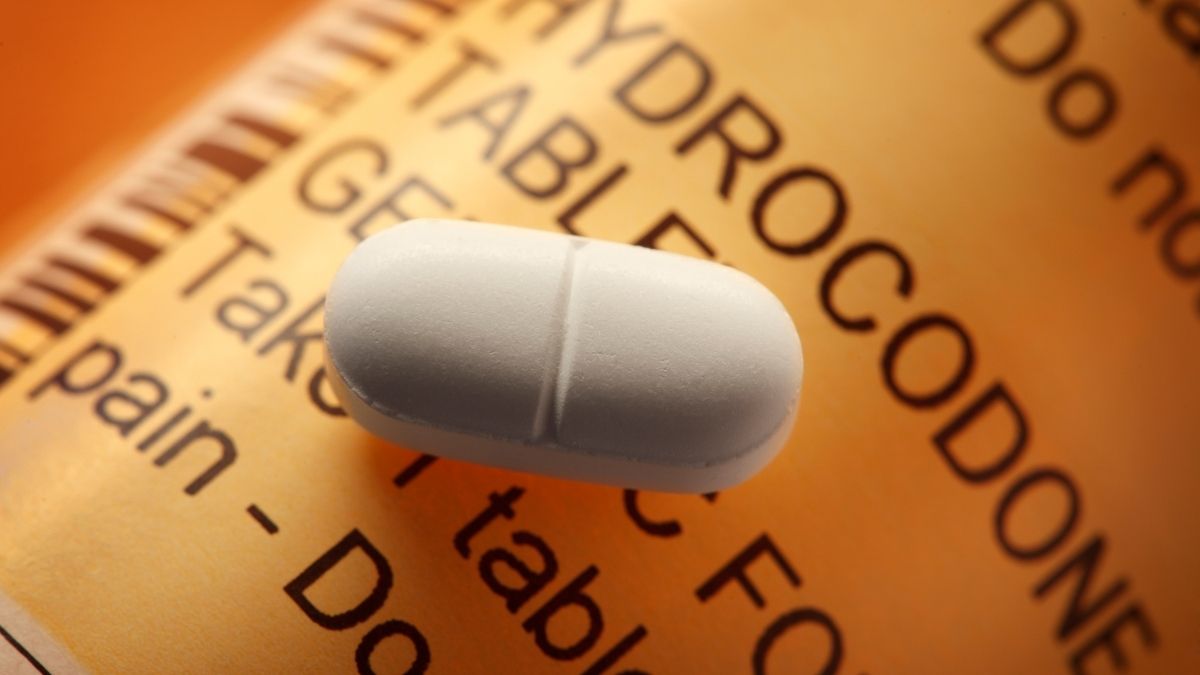High-Functioning Bipolar
When people use the phrase “high-functioning” when discussing mental illness, it is usually used to describe someone who seems to be functioning okay in the eyes of others. Most people who have high-functioning bipolar disorder may seem completely put together. Although these individuals may look alright from the outside, on the inside they are struggling. Many people with bipolar disorder have developed various habits to cope with their feelings in order to be able to function day-to-day. Those who have high-functioning bipolar disorder must exert an incredible amount of energy to continue managing their lives and responsibilities, while also dealing with the emotional ups and downs characterized by the illness. This blog will discuss what bipolar disorder is and what high-functioning bipolar disorder may look like
What is Bipolar Disorder?
Bipolar disorder is generally characterized by periods of mania. These periods consist of unusually high levels of energy followed by a period of depression. The intensity of these periods, however, differs depending on the type of bipolar disorder. The four types of bipolar disorder are:
Bipolar I
An individual will be diagnosed with bipolar I if they have at least one manic episode that lasts at least a week. People with this type of bipolar disorder also have episodes of major depression. The manic episodes that bipolar I is characterized by can become so severe that the individual has to be hospitalized.
Bipolar II
Bipolar II is characterized by a milder form of mania, hypomania. Hypomania lasts several days and is less intense than the episodes experienced in bipolar I. These episodes of elevated energy and highs are followed by periods of severe depression.
Bipolar Disorder (not otherwise specified)
This type of bipolar disorder causes individuals to experience symptoms of mania or hypomania that are too few in number or too short to be diagnosed as bipolar I or II.
Cyclothymic Disorder
Individuals with cyclothymic disorder experience hypomania followed by short periods of depression. This can develop into an acute type of bipolar disorder.
Call Design for Recovery to Begin Your Healing Journey!
Reach out to our team to discuss sober living options and next steps toward a healthier routine.
High-Functioning Bipolar Disorder
Simply put, the term “high-functioning”, when applied to bipolar disorder, indicates an individual can still pay their rent, go to work, and live their life without their mental illness having an obvious effect. Although the term “high-functioning” carries the idea that an individual is healthier than someone who is not high-functioning, this is not necessarily true. Those with high-functioning bipolar disorder create an appearance of normalcy even when their symptoms are at their most severe. Most of the time, those with high-functioning bipolar disorder are just good at masking their emotions and keeping them in check enough to appear okay on the surface. Many people with high-functioning bipolar disorder cope by hiding their illness and keeping it to themselves as long as possible. People with high-functioning bipolar disorder actually may experience more stress and anxiety due to the fact that they are always pretending to be unaffected by their mental illness.
Signs of High-Functioning Bipolar Disorder
Bipolar disorder can be exhibited in many different ways. Some symptoms can be triggered by certain situations, however, many people with bipolar disorder experience a cycle of symptoms that can arise without triggers. Some signs of a high-functioning bipolar individual are:
Manic symptoms
- Rapid speech
- Racing thoughts
- Irritability, euphoria, and/or aggressive
- Elevated heart rate
- Increased activity, including engagement in risk activities
- Decreased need/inability to sleep
Depressive symptoms
- Feelings of guilt/worthlessness
- Sadness
- Anxiety
- Loss of interest and focus
- Suicidal ideation
- Lack of energy and exhaustion
There are also habits that those who are high-functioning may engage in to try to remain in control of their emotions and lives. Some of these habits include establishing a routine, keeping a diary to track medication, speaking up when they are struggling, practicing self-care, doing mood checks, spending time with loved ones, setting boundaries, and more. These habits allow for an individual’s bipolar disorder to feel more managed and in control, making it easier for them to function.
That being said, if an individual is putting extreme amounts of energy and effort to manage their bipolar disorder while still functioning regularly, they will most likely be very drained. If all of someone’s energy is being put towards appearing completely put together, it is likely they will not have much energy left to put towards actually taking care of themselves. Moreover, those with high-functioning bipolar disorder are at a greater risk than those that are not high-functioning. This is the case because these individuals are able to hide their illness and avoid treatment. If you are someone who has high-functioning bipolar disorder, it is important to be able to acknowledge when you need help and not to push yourself to a breaking point.
Coping Habits of High-Functioning Bipolar
High-functioning individuals often adopt specific habits to maintain emotional control and daily functionality despite bipolar symptoms.
Common coping strategies include:
- Establishing consistent daily routines for stability.
- Keeping medication diaries to track adherence.
- Speaking up during struggles to seek support.
- Practicing self-care and regular mood checks.
- Spending time with loved ones while setting healthy boundaries.
Exerting constant effort to appear "put together" leads to severe exhaustion. All energy goes toward masking symptoms, leaving little for genuine self-care.
High-functioning individuals face greater risks by hiding illness and delaying treatment. Recognizing personal limits prevents reaching breaking points.
Contact Design for Recovery Today!
Fill out our quick form to connect with a peer mentor and learn how our sober living community supports accountability, structure, and personal growth in recovery.
How to Manage High-Functioning Bipolar in Recovery
Structured sober living environments provide daily accountability and peer support essential for co-occurring disorders.
Key strategies include:
- Establishing consistent sleep, meal, and medication routines to stabilize mood cycles.
- Daily mood tracking through journaling to identify triggers early.
- Engaging in group meetings and household responsibilities that build healthy habits.
- Practicing mindfulness and boundary-setting with sober peers for emotional regulation.
Sober living homes like Design for Recovery reinforce these through house managers and community structure, helping residents maintain sobriety while addressing bipolar symptoms.
Warning Signs To Seek Professional Help
Seek help urgently if suicidal thoughts emerge, manic episodes disrupt daily function, or depressive periods prevent basic self-care.
Critical risk factors signaling crisis:
- Suicidal ideation or planning, even if "just thoughts."
- Severe mania with reckless spending, hypersexuality, or dangerous risk-taking.
- Prolonged depression with inability to work, eat, or maintain hygiene.
- Rapid cycling between highs and lows within days.
- Substance use as self-medication worsens symptoms.
Contact crisis hotlines, emergency services, or licensed providers immediately. Early intervention prevents hospitalization and supports sustained recovery.
Acknowledging Your High-Functioning Bipolar Disorder at Design for Recovery
Take time to heal and focus on your mental wellbeing at Design for Recovery. Design for Recovery is a sober living in Los Angeles, CA. Design for Recovery offers a structured, safe environment to become more secure in your sobriety and mental health. Residents work hard daily to develop new skills, values, and coping mechanisms for approaching life in early recovery. During this process, residents develop close friendships with their peers and become connected with the Los Angeles recovery community. At Design for Recovery, we believe that addiction recovery involves more than just physically abstaining from substances — it involves building a new way of life.
- High-Functioning Bipolar
- What is Bipolar Disorder?
- High-Functioning Bipolar Disorder
- Signs of High-Functioning Bipolar Disorder
- Coping Habits of High-Functioning Bipolar
- How to Manage High-Functioning Bipolar in Recovery
- Warning Signs To Seek Professional Help
- Acknowledging Your High-Functioning Bipolar Disorder at Design for Recovery







Written By
David Beasley